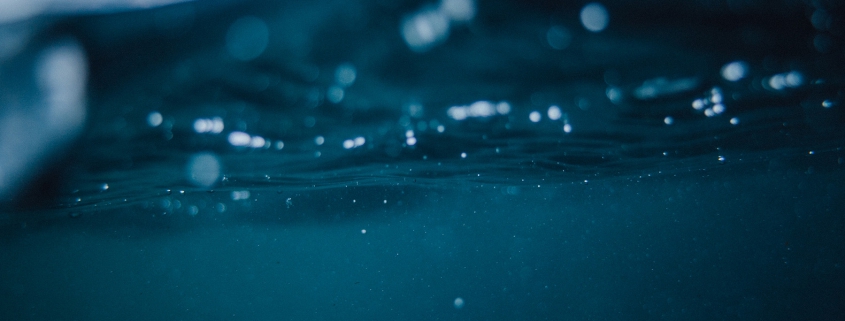Providing an evidence base to support decommissioning of offshore infrastructure

When an oil and gas project completes, the infrastructure that was installed on the seafloor needs to be managed properly. Decommissioning this infrastructure is very expensive, but companies do it to leave the site in good order as the company moves on.
There are many strategies that can be employed to decommission offshore infrastructure from removal of all infrastructure, through to minimal removal required to make safe and environmentally acceptable.
However, different stakeholders have different views on how far decommissioning should go. Oil and gas companies want to meet community expectations while minimising costs, recreational fishers like infrastructure to be left as it creates new environments and can enhance fish stocks, some commercial fishers want it removed as it can damage their fishing equipment and environmental groups want to be absolutely sure the environment is protected.
”Unfortunately we don’t have a clear and broadly accepted understanding of what the effects of different decommissioning strategies are in our Western Australian marine environment,” CEO of the Western Australian Fishing Industry Council John Harrison said. “This means everyone reverts to their own perspectives and opinions and can lead to conflict between sectors, to difficulties in regulation and policy, and in companies adopting precautionary strategies that may not be the most effective. So we want to work together to come up with a shared position we can all agree with.”
At the Premier of Western Australia’s Marine Science Round-table meetings, senior representatives of the interested sectors suggested that a collaborative project would make business sense to all parties to better inform regulatory policy and operational management of decommissioning.
“The Blueprint Initiative has been an excellent process to allow the different sectors that share the ocean to work together on common issues,” Bruce Lake Chairman of APPEA and a member of the round-table said. “Decommissioning is clearly one of those issues that is imminent and is also important to many sectors so it’s a great exemplar project for this collaboration with real value to all. APPEA is pleased to be able to support this multi-sector approach and particularly to have WAMSI run the project to ensure the outputs are genuinely independent.”
APPEA, RecFishWest, Western Australian Fishing Industry Council, National Energy and Resources Australia, along with NOPSEMA, the Office of the EPA, and Department of Mines and Petroleum and Department of Fisheries are supporting and advising the independent WAMSI project.
“We are also discussing with some other key stakeholder groups to ensure proper representation across the different views,” Patrick Seares CEO said.
The six month project is focussed on ensuring all stakeholders are involved in the conversation about decommissioning through workshops and other forums to understand and document everyone’s issues. A review of global knowledge and experiences against those questions will then be completed before a consultative approach to deciding what is reasonable to adopt right now, and what are the knowledge gaps we need to do further work in.
“The projects follows in line with the approach tested successfully during the establishment of the WAMSI Dredging Node,” Patrick Seares said. “We will take the time to properly bed down the actual, instead of perceived, questions that need answering before planning a science program. This ensures that science, if required, is targeted and leads directly to the development of guidance that addresses management priorities.”

